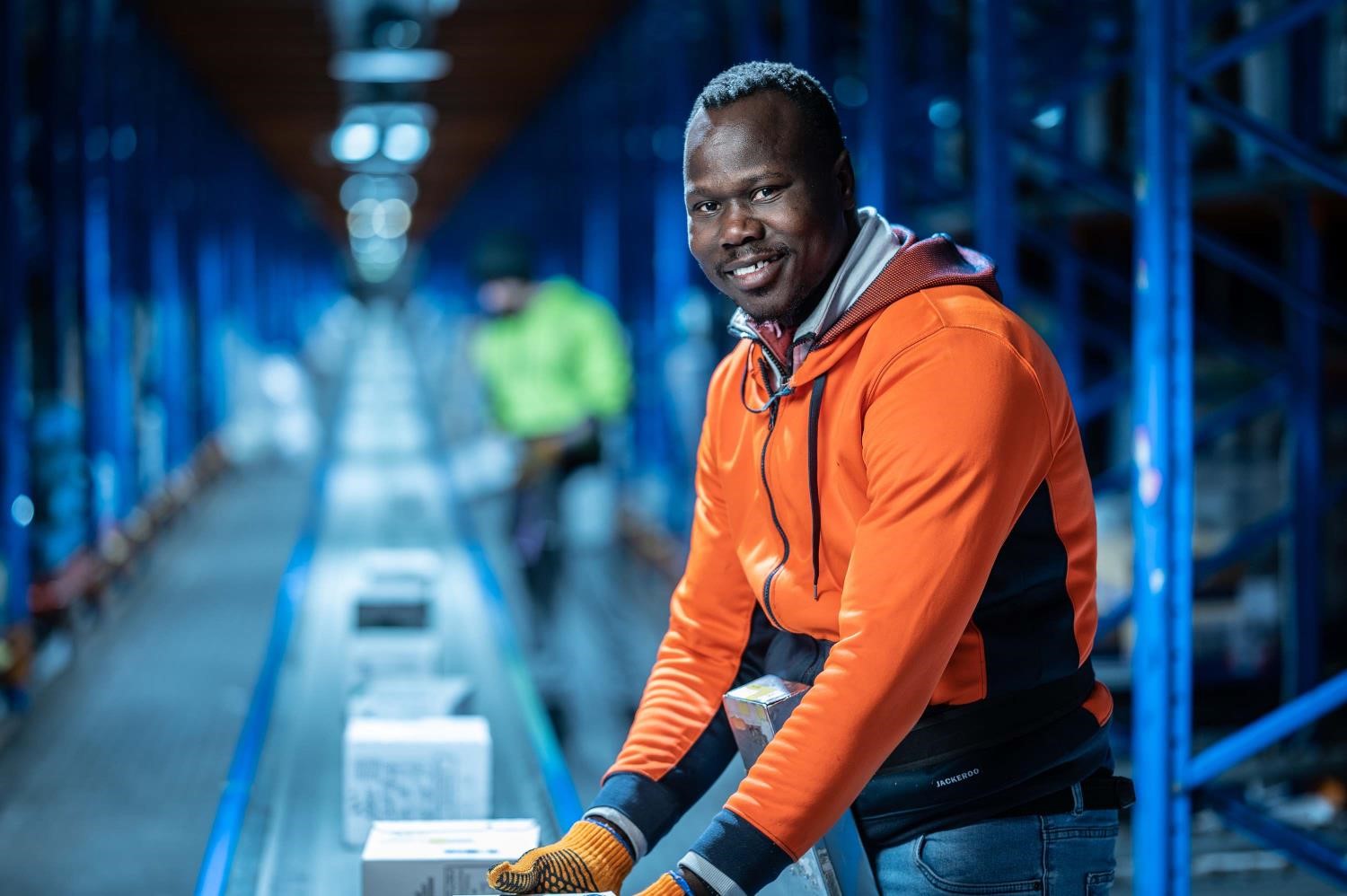Organisations are complex. Interconnected processes, multi-layered equipment, ever-advancing technologies, IP, cultures, subcultures and more. But if we strip away all this complexity, at the centre of every organisation, we find people making decisions, taking action and interacting. And the quality of these decisions, actions and interactions has a direct impact on the time it takes the organisation to achieve its goals, its ability to respond to unexpected events, and its likelihood of success.
At Americold, the decision-making process can come with a host of ramifications that could impact individuals, teams and our organization overall. We understand this undertone and make concerted efforts to positively impact the working culture our company.
Using neuroscience can help us better understand the drivers behind these interactions, decisions, and actions. It can help us refine our environments, processes, and cultures to foster better decisions and improved behaviours. And it can also help us better understand resilience and how we can optimise the Americold organisation to give us the best chance of succeeding with greater frequency for our customers.
When we explore neuroscience and how it relates to our everyday lives, we are basically figuring out the pathology of why we do the things we do, in other words “what makes us tick.”
 Prioritising daily decisions to maintain the focus on customer service is, well, a priority
Prioritising daily decisions to maintain the focus on customer service is, well, a priority
Taking the core competency of “challenging the status quo” to new heights, Americold’s APAC leadership team recently dove into the realms of brain science to explore how Americold could better inspire associates and accelerate results for our customers.
Earlier this year, Americold’s APAC leadership team worked with Kognitive, a management consultancy which helps forward-thinking organizations improve performance with insights from cognitive science, towards refining the team’s approach to prioritisation.
In an interactive Kognitive workshop spliced with brain games, cognitive science and personal exploration, the leadership team learned how and why, despite our best intentions, our brains can often guide our decisions and actions away from our goals and aspirations.
Everyday we are faced with two very distinct possibilities of chance and choice. Because there is a multitude of choices, we tend to take a chance on our decision-making because of cognitive overload. That cognitive overload has become part of daily life for some, part of the DNA of a lot of businesses, and it can hurt productivity, performance and wellbeing.
The Kognitive training taught our team how to optimise our tools, processes and systems to help us sift or structure the infinite possibilities into relevant options which help us make optimum decisions.
One of the most simple, powerful and diverse tools explored in the workshop was to navigate cognitive overload and make better decisions using MUWANI. MUWANI stands for MUST, WANT, NICE. It is a simple prioritisation tool which can be used in an any circumstance. And while MUWANI certainly has its limitations, the leadership team explored how to use the underlying principles of minimising cognitive overload (by keeping options within the realm of working memory) and guiding focus to what matters most, to customise and build solutions to best meet their personal, team and organisational needs.
Americold’s APAC leadership team will be conducting Kognitive’s Productivity Pulse to gain deeper insight into the organisation’s productivity profile and evaluate further science-based ways of achieving measurable improvements in business performance. Stay tuned for more insight...
Subscribe for Updates
Receive the latest news from Americold
